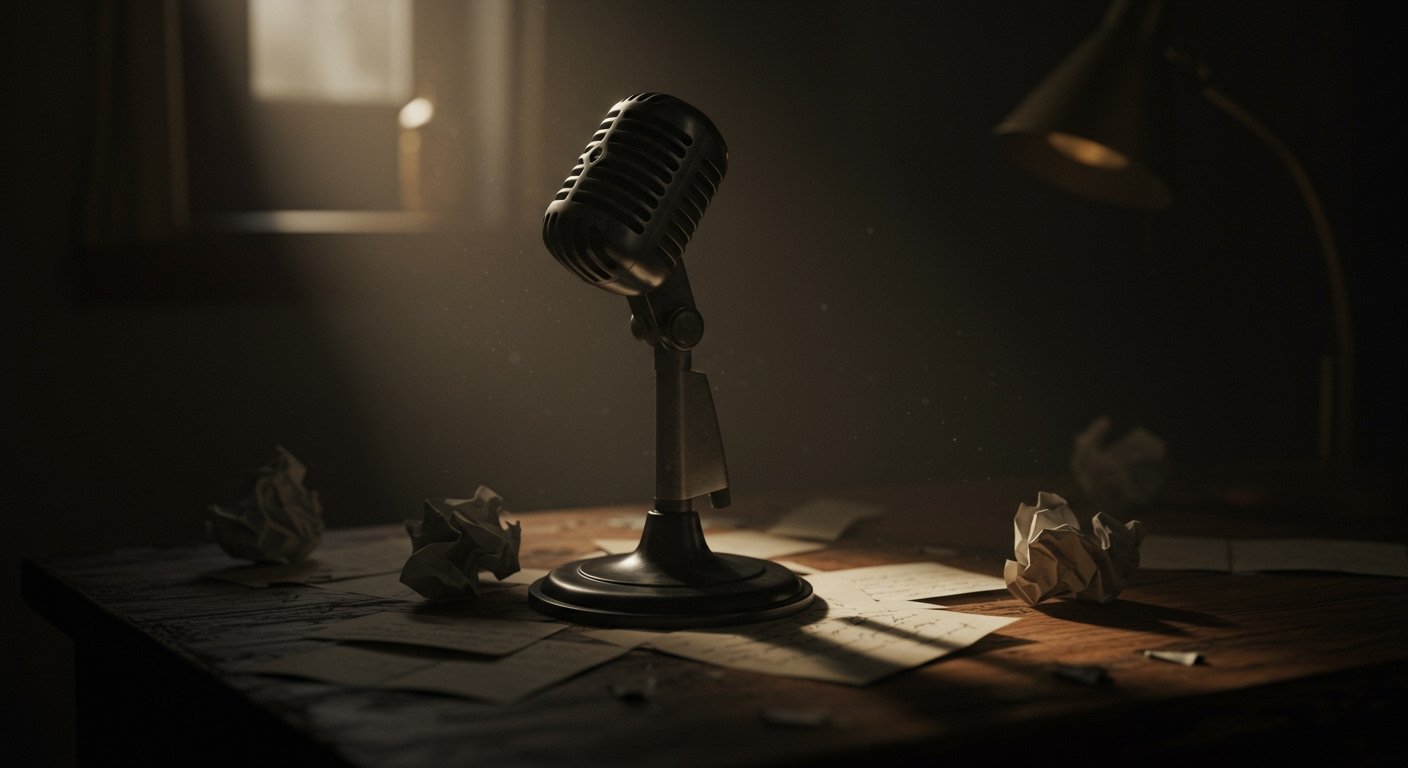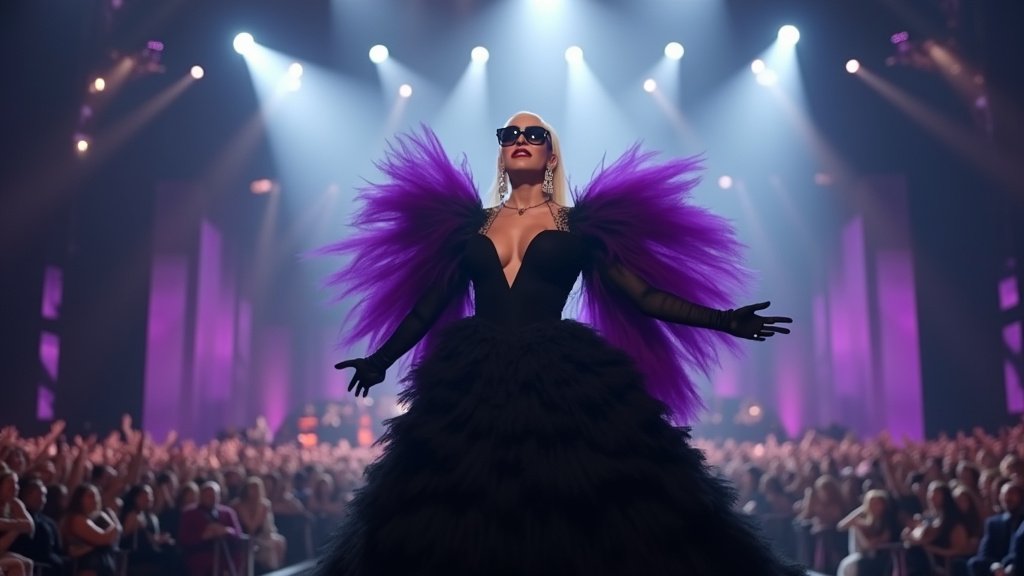More than 400 leading figures from Hollywood’s diverse creative landscape, spanning actors, filmmakers, writers, and musicians, have collectively issued a pointed message to President Donald Trump’s administration regarding the burgeoning field of artificial intelligence. The prominent group, including celebrated names such as Mark Ruffalo, Chris Rock, Ben Stiller, Paul McCartney, Cate Blanchett, Guillermo del Toro, and Aubrey Plaza, has signed an open letter addressed to the White House Office of Science and Technology Policy.
The letter conveys significant concerns about the potential trajectory of AI development and its implications for intellectual property rights, specifically urging the protection and reinforcement of existing copyright laws. This collective action comes as a direct response to perceived attempts by major AI companies, notably OpenAI and Google, to advocate for potential modifications that could weaken copyright protections. Such changes, the signatories argue, would enable AI systems to be trained extensively on copyrighted content without the necessity of obtaining permission from or providing compensation to the original creators.
The Core Concern: Training Data and Compensation
At the heart of the Hollywood contingent’s concern is the fundamental input required for training large language models and other sophisticated AI systems: vast quantities of data. Much of this data, particularly that used to train AI to generate text, images, audio, and video that mimics human creativity, includes copyrighted books, articles, scripts, music, and visual works. The open letter contends that allowing AI companies to freely utilize this copyrighted material for training purposes, without licensing agreements or payment, constitutes an expropriation of creative work.
The signatories emphasize that AI companies should be subject to the same legal requirements as any other entity wishing to use copyrighted material. They argue that obtaining proper licenses for utilizing copyrighted works for AI training is not merely a matter of fair practice but a necessity to prevent the devaluation of creative output and the undermining of the economic foundations of the creative industries.
Economic Power of the Creative Sector
The letter underscores the substantial contribution that the creative industries make to the U.S. economy, highlighting their role as a vital economic engine. The signatories provide concrete figures to support this assertion, stating that the creative sector collectively employs over 2.3 million people across the United States. Furthermore, they point out that these industries are responsible for paying out an impressive $229 billion in wages annually. This economic data is presented as a compelling reason for the administration to heed their concerns and prioritize the protection of this significant part of the American workforce and economy.
The open letter posits that the nation’s pursuit of leadership in the field of artificial intelligence should not come at the detriment of established and economically impactful sectors like the creative arts. The signatories articulate this principle explicitly, stating, “We firmly believe that America’s global AI leadership must not come at the expense of our essential creative industries.”
Call to Action for the Administration
The communication to the White House Office of Science and Technology Policy serves as a direct appeal for the administration to consider the potential negative impacts of lenient copyright enforcement in the age of AI. The letter urges policymakers to ensure that regulatory frameworks and future policies uphold the principles of copyright, thereby protecting creators’ rights to control and benefit from their work, even as technology advances.
This unified stance from a broad spectrum of Hollywood’s talent base signals a growing awareness and concern within the creative community about the rapid advancements in AI and their potential to disrupt traditional models of creation, distribution, and compensation. The involvement of such high-profile individuals lends significant weight and visibility to the debate surrounding AI ethics, intellectual property, and the future of human creativity in an increasingly automated world.
The letter represents a clear call to arms from one of America’s most iconic industries, urging the government to take proactive steps to safeguard the rights of creators in the face of transformative technological change. The response from the White House Office of Science and Technology Policy and the broader Trump administration to this high-profile appeal remains a subject of keen interest for both the creative sector and the technology industry.












